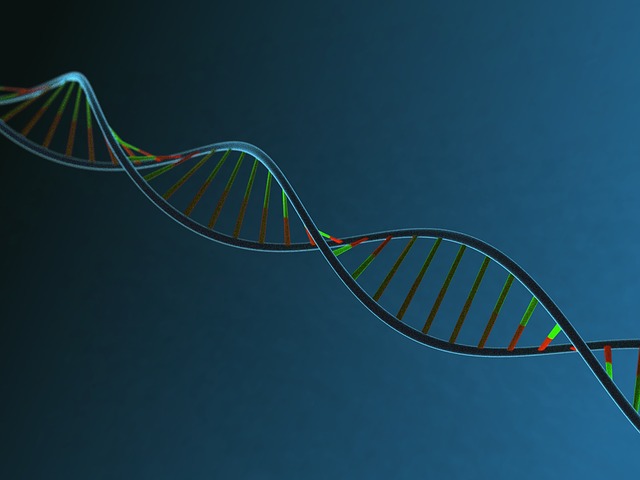First human embryo editing experiment in U.S. ‘corrects’ gene for heart condition
By Ariana Eunjung Cha,
Washington Post [cites Marcy Darnovsky]
| 08. 02. 2017
Scientists have successfully edited the DNA of human embryos to erase a heritable heart condition that is known for causing sudden death in young competitive athletes, cracking open the doors to a controversial new era in medicine.
This is the first time gene editing on human embryos has been conducted in the United States. Researchers said in interviews this week that they consider their work very basic. The embryos were allowed to grow for only a few days, and there was never any intention to implant them to create a pregnancy. But they also acknowledged that they will continue to move forward with the science, with the ultimate goal of being able to “correct” disease-causing genes in embryos that will develop into babies.
News of the remarkable experiment began to circulate last week, but details became public Wednesday with a paper in the journal Nature.
The experiment is the latest example of how the laboratory tool known as CRISPR (or Clustered Regularly Interspaced Short Palindromic Repeats), a type of “molecular scissors,” is pushing the boundaries of our ability to manipulate life, and it has been received with both excitement...
Related Articles
By David Jensen, California Stem Cell Report | 02.10.2026
Touchy issues involving accusations that California’s $12 billion gene and stem cell research agency is pushing aside “good science” in favor of new priorities and preferences will be aired again in late March at a public meeting in Sacramento.
The...
By Alex Polyakov, The Conversation | 02.09.2026
Prospective parents are being marketed genetic tests that claim to predict which IVF embryo will grow into the tallest, smartest or healthiest child.
But these tests cannot deliver what they promise. The benefits are likely minimal, while the risks to...
By Mike McIntire, The New York Times | 01.24.2026
Genetic researchers were seeking children for an ambitious, federally funded project to track brain development — a study that they told families could yield invaluable discoveries about DNA’s impact on behavior and disease.
They also promised that the children’s sensitive...
By Arthur Lazarus, MedPage Today | 01.23.2026
A growing body of contemporary research and reporting exposes how old ideas can find new life when repurposed within modern systems of medicine, technology, and public policy. Over the last decade, several trends have converged:
- The rise of polygenic scoring...




